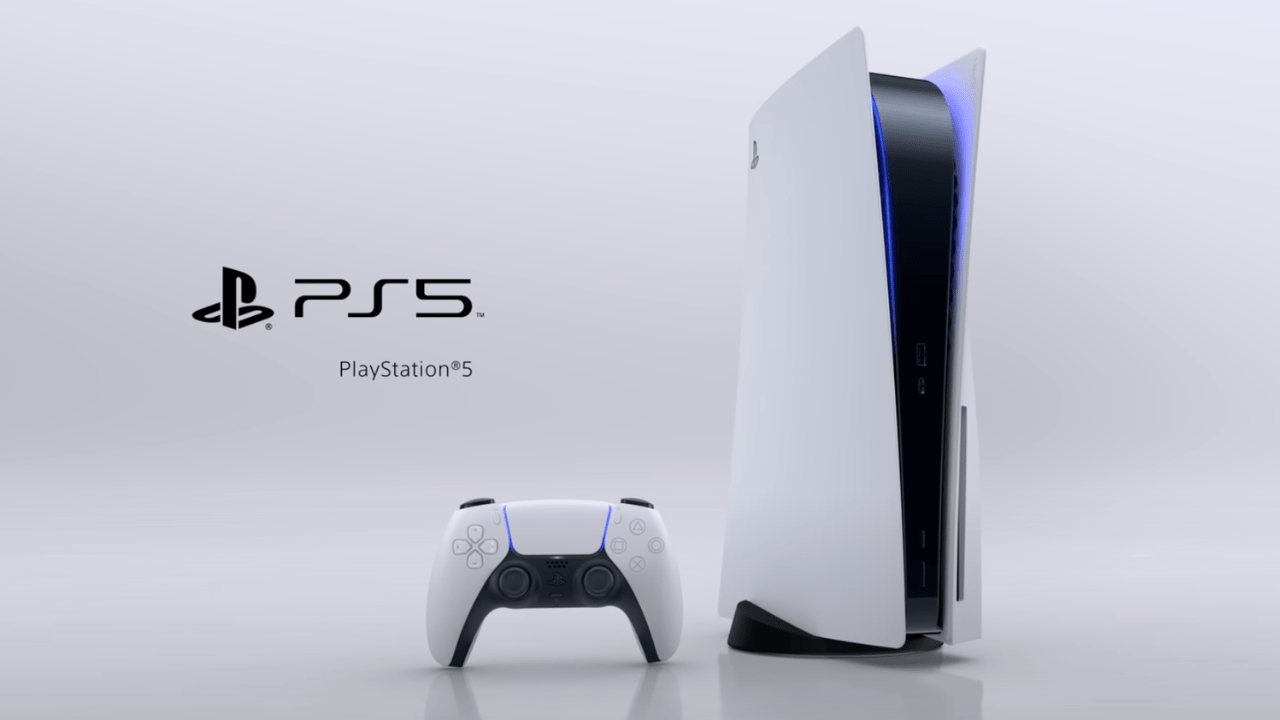
Promoting online safety for children is a cause we all stand behind. No one wants young gamers subjected to harassment, bullying, or encountering harmful conduct in games such as Minecraft or Fortnite. That’s why features like muting, blocking, and reporting are crucial, serving as the foundation. However, a recently proposed patent by Sony for “bad actor” detection presents an approach that extends beyond moderation. It’s important to note that this is just a patent, not yet an implemented feature.
Based on a recent filing, the Sony “Troublemaker” Patent describes a system that monitors and rates players in multiplayer online games based on how often they display unpleasant conduct. If a player exceeds a predefined limit—such as through improper chat or disruptive play—Sony’s system may temporarily restrict their access to online functions until they demonstrate improved behavior.

Initially, it may seem that Sony’s proposal is moving in the direction of tidier gaming environments. However, upon closer examination, their idea appears to bear striking similarities to a much darker concept – a corporately managed system of gamer reputation scores that echoes the dystopian realm of total surveillance and control.
From Moderation to Profiling
This patent, submitted in October 2024 and released on May 22, 2025, outlines an advanced system for identifying player behavior using “frequency indicators.” If a player frequently violates the rules or is thought to have done so, they are more likely to be identified as a “potential rule-breaker.

As an avid fan, I must say that Sony’s system doesn’t merely mute or issue warnings. It has the power to completely restrict your online gaming experience. A single slip-up might not be enough to cross the line, but this system is designed to accumulate and analyze your behavior over a prolonged period, creating a lasting profile.
Translating that into more conversational language: Instead of just considering it as moderation, it’s more about control. When such long-term monitoring and grading of player behavior becomes part of multiplayer games, who gets to define what’s considered toxic or unacceptable? Is it based on specific situations (context-dependent), or is it automated using algorithms? This raises questions about the decision-making process behind these systems.
A Chilling Parallel to China’s Social Credit System
If something about this seems strikingly similar, it’s because it indeed shares common foundational ideas with China’s social credit system. For instance, principles like the ones Sony describes in this patent are notably present within the Chinese system.
- Tracking behavior
- Assigning scores
- Rewarding compliance
- Punishing deviation
In China, individuals may be restricted from boarding flights, obtaining employment, or using dating apps if they fail to meet a standard set by the government. Remarkably, Sony’s approach mirrors this structure – automated monitoring based on user activity, with apparent lack of transparency, no opportunity for appeal, and little consideration for complexity.

This isn’t about a gradual progression leading to potentially negative consequences (slippery slope argument). Instead, it’s more like a direct comparison—the situation is similar, but instead of being controlled by a government, it’s managed by a gaming company. However, just because the controller has changed doesn’t mean the potential dangers are any less. Because when a tech firm starts imposing behavior-based limitations in one domain, it becomes simpler to extend those restrictions to other areas as well.
The Sony Bad Actor Patent might be presented as a device for promoting positivity, yet beneath this facade lies a form of control over behavior reminiscent of what we previously cautioned could only materialize in authoritarian systems. Surprisingly, it’s now being integrated into the entertainment platforms that have become part of our daily routine.
A Dangerous Precedent
It’s important to clarify our stance: We firmly support providing children with secure and considerate gaming spaces. However, Sony’s patent seems to extend beyond just ensuring safety. Instead, it appears to be about shaping behavior over time via continuous digital scoring systems.

Picture a situation where an unjust accusation during a game leads to a tally you can’t inspect, challenge, or even understand. Envision a scenario where it’s not a human moderator, but a seemingly mysterious system, that blocks your online gaming access without clear explanation, labeling you as a troublemaker behind the scenes.
Another reason not to get a PSN account.
Sony wants to bring social credit scores to gaming.
— Grummz (@Grummz) May 28, 2025
As a movie enthusiast, I can’t help but draw an analogy here: Imagine if a film score not only influenced the plot and characters within the movie, but also impacted your reputation among fellow cinema-goers, affected your digital ticket purchases, or even tainted your experience at different cinemas. The Sony bad actor patent could expand beyond just a tool for moderation; it could serve as the blueprint for enforcing behavioral norms across a broad spectrum.
Sony’s Pattern of Surveillance Patents
Sony has taken this path before. Back in 2024, they filed a patent for something called a “VR safe space,” which is designed to eliminate or mute troublesome users within virtual realms. At first glance, these actions might appear insignificant. However, when viewed as a collective effort, it becomes clear that Sony is aiming to influence user behavior—not just in one game, but across their entire gaming ecosystem.
It’s hard to avoid drawing parallels to a social credit system in this scenario. Initially, it seems like an attempt to minimize harassment, but it eventually transforms into a mechanism where corporations evaluate, score, and limit users based on their actions. Imagine if expressing dislike for the latest PlayStation exclusive results in a bad conduct warning. Or consider the possibility of making fun of _Concord_ or mentioning Sweet Baby Inc., only to find yourself flagged and removed.

This scenario might be quite extreme, but it’s still conceivable. However, it raises an important question: where do we draw the line? Who gets to make that decision? At first glance, the Chinese Communist Party’s social credit system could seem like a well-intentioned initiative. But upon closer inspection, it has been exposed as a totalitarian system intended to control behavior and enforce what the government deems appropriate.
In this context, it’s important to note that we’re discussing video game corporations, not global administrations. However, the parallel isn’t entirely without merit. This situation might just be the start of a more complex narrative.
It’s Not Just About Gaming Anymore
It’s clear that this development is not an isolated incident, but rather a part of a wider technological shift. Digital evaluation mechanisms, from banking algorithms to social media censorship, are increasingly influencing various aspects of our lives. Now, with the Sony bad actor patent, it seems these systems are expanding into the gaming world as well.

When such player profiling becomes commonplace, other industry giants like Microsoft, EA, and Ubisoft are likely to follow suit. This could potentially transform the gaming world from an arena of liberty and innovation into one that emphasizes continuous behavior monitoring.
Final Thought: Protect Kids, But Don’t Police Everyone
It’s crucial to safeguard children from harmful individuals in online games, but it’s equally important not to overstep boundaries by scrutinizing players excessively. Unfortunately, Sony’s latest system seems to be doing just that. By establishing behavioral profiles and limiting access based on invisible criteria, the company could potentially turn online gaming into a realm of constant monitoring and enforced conformity.
Should they proceed with this patent, it’s not only troublemakers or deceivers who will feel the impact; we all potentially stand to be affected in some way.

Gamers should reject this path now—before it becomes the industry standard.
Read More
- Clash Royale Best Boss Bandit Champion decks
- Vampire’s Fall 2 redeem codes and how to use them (June 2025)
- Mobile Legends January 2026 Leaks: Upcoming new skins, heroes, events and more
- World Eternal Online promo codes and how to use them (September 2025)
- How to find the Roaming Oak Tree in Heartopia
- Best Arena 9 Decks in Clast Royale
- Clash Royale Furnace Evolution best decks guide
- Clash Royale Season 79 “Fire and Ice” January 2026 Update and Balance Changes
- Clash Royale Witch Evolution best decks guide
- Brawl Stars December 2025 Brawl Talk: Two New Brawlers, Buffie, Vault, New Skins, Game Modes, and more
2025-05-28 15:56